Disclaimer: Moving Health Care Upstream is a collaborative effort originally co-led by Nemours Children’s Health System (Nemours) and the Center for Healthier Children, Families & Communities at the University of California- Los Angeles (UCLA). The views and opinions expressed in this article are those of the author(s) and do not necessarily reflect the official policy or position of Nemours, UCLA or the Moving Health Care Upstream initiative.
Our nation is currently facing critical issues that amplify the need for policy and systems change, especially those that impact the health and well-being of young children and their families. In order to effectively improve policies and systems, data are essential to identify and address the pervasive issues that affect health and well-being. Data can help to reveal areas that are most in need of reform, while data indicators can help to track progress towards equity.
To support states and communities in their efforts for policy and systems change, Nemours is pleased to announce the release of Selecting Indicators for Early Childhood Systems Change Projects: A Reference Guide. The purpose of this resource is to provide a guidance for groups working toward achieving optimal and equitable health outcomes for young children and their families to identify, select, and track data indicators that can inform and advance their efforts.
The Reference Guide provides concrete examples and the “why and how” of indicator selection, describing the reasons states and communities carrying out systems change projects can use indicators to shape the direction of their project and to describe what they hope to change in both the short-and long-term. The Guide also directs states and communities to where they can find data both for identifying issues and for describing and monitoring change.
Review the Reference Guide here.
Questions? Please email [email protected].
